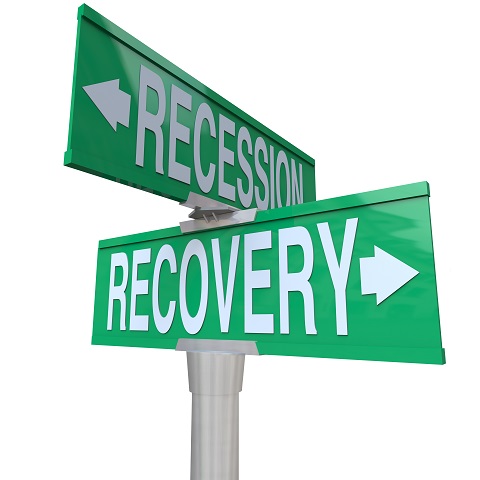July 8, 2025
The Federal Reserve will be meeting again at the end of the month and this meeting will be the last one scheduled before September – barring a national emergency. At least one Fed Governor has raised the possibility of a short-term rate decrease this month. However, this depends upon the direction of the economy. Thus far we have had plenty of evidence that the economy is slowing. This evidence has included slower retail spending, lower consumer confidence, falling housing starts, and shrinking industrial production.
While some members of the Fed are leaving open the possibility of a rate decrease, others are content to wait to see if the implementation of tariffs will reignite inflation. Thus far we have seen no uptick in inflation, as inflation has been trending downward for over two years. How long would it take for tariffs to contribute to increased inflation? The timing, as well as whether tariffs will even have a significant effect at all are questions that do not seem to have answers at the present time. Here is the good news—the Fed does not have to lower short term rates for mortgage rates to fall. We have already seen a significant drop over the past several weeks without any Fed actions.
Thus, more negative economic news is good news as far as interest rates are concerned. And the most important report of all was released last week. How did the June jobs report go? The economy added 147,000 jobs last month. The previous two months of gains were revised upward slightly by 16,000 jobs, while the unemployment rate fell one tick to 4.1%. Wage growth increased 0.2% monthly and 3.7% over the past year. Overall, this was a report that will not help the cause of the Fed lowering interest rates in July. Though the employment sector has shown resilience, job gains have eased from the pace of the past two years.
Source: Origination Pro
Refinance to lower your interest rate. If rates have dropped since you last financed your home, you may want to consider refinancing. Other common reasons to refinance include paying off a balloon payment, converting an adjustable rate loan to a fixed rate loan or to extract cash equity in your home (cash out). A few reasons for cashing out include: home improvement, an education fund, and consolidating debt.
Another way to convert equity in your home to cash is a “home equity” loan. A “home equity” loan is an alternative to refinancing if your home loan has a very low rate compared to current interest rates or if you have a prepayment penalty on your loan.
Benefits:
- Reduce Your Interest Rate
- Cash Out Equity for Home Improvements
- Consolidate Debt
- Lower Monthly Payments
To Refinance You’ll Need:
- Current Appraisal and Analysis
- Verification of Assets and Income
- Click Here To See Paperwork Needed


